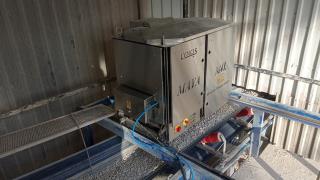Co-processing of plastic and other municipal solid wastes provides a safe and cost-effective way of dealing with waste in India and supports the country’s drive to adopt a circular economy approach. By Dr Gaurav Bhatiani, Research Triangle Institute (RTI), India, and Dr Kåre Helge Karstensen and Palash Kumar Saha, SINTEF, Norway.
Indian cities face significant risks due to climate change. These include heatwaves and rising temperatures, changing rainfall patterns, increased frequency and intensity of extreme events, and sea-level rises in coastal areas. Furthermore, India ranks low (112) on the Sustainable Development rankings published by Dublin University.1 The country also has more than 40 of the 50 most polluted cities in the world, according to IQ Air.2
